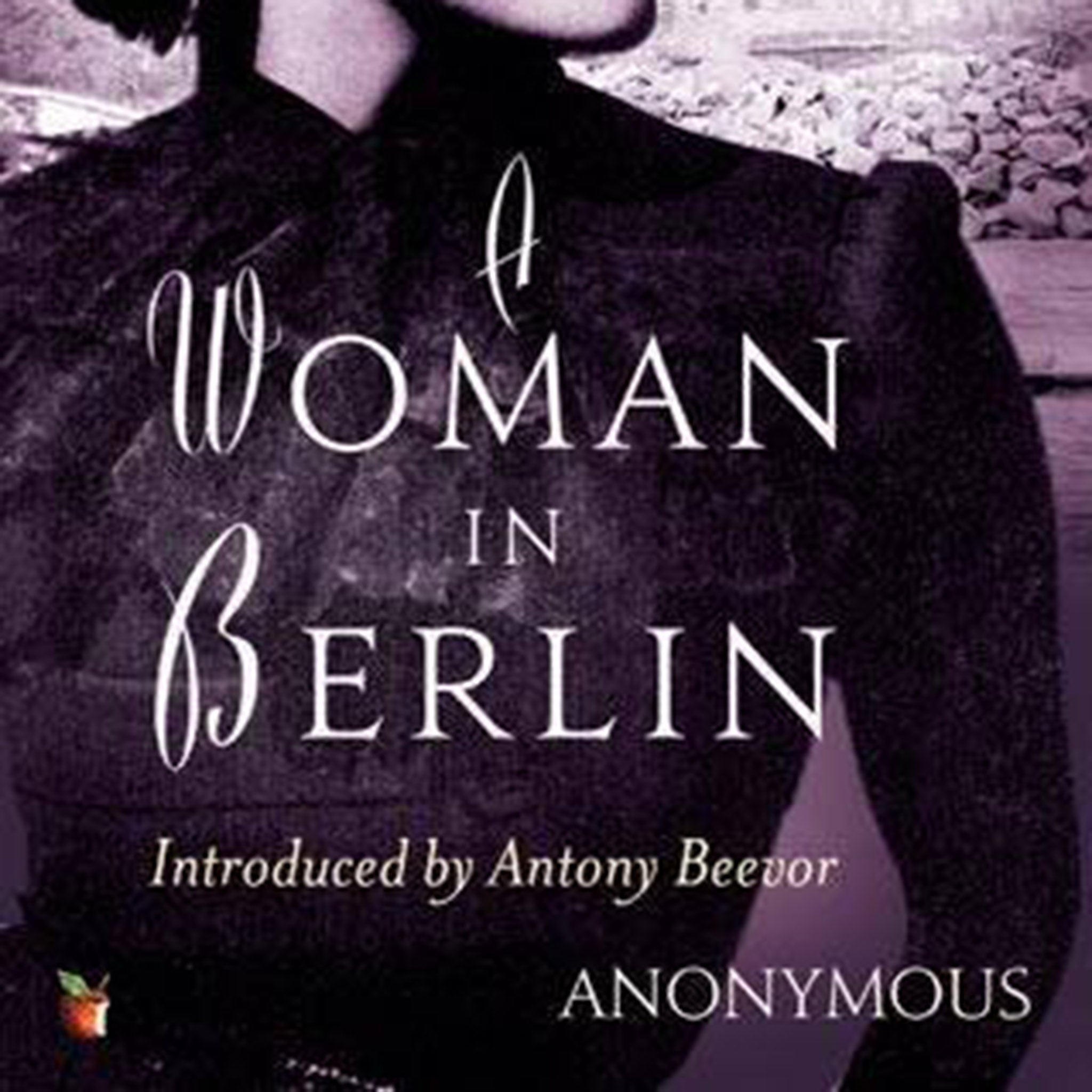Leaving Berlin by Joseph Kanon, book of a lifetime
Clear-eyed, unsentimental, but deeply personal, A Woman in Berlin is one of the great documents to come out of the war

Can a book change your life?
In the largest sense, of course, they all do - good, bad, or indifferent, books make up the libraries in our minds. Most of us can remember a children’s book that first took us out of ourselves, made us curious about the world. But real change, the fork in the road kind, is harder to come by. Occasionally, one book can push you in the right direction. That book, for me, was A Woman in Berlin by Anonymous (the author has never been publicly identified).
I spent months researching the background for The Good German, a novel set during the Allied occupation of Berlin in the summer of 1945. There had been self-serving memoirs by the top brass, more revealing memoirs by soldiers in the ranks, military histories, and detailed accounts of the Potsdam Conference—all useful, but none with that intimate sense of what it had actually felt like day to day. And then, rummaging through the stacks of a library in New York, I came across a copy of A Woman in Berlin, published in 1954. It was a revelation. A diary kept by a 34-year-old journalist from late April to late June 1945, A Woman in Berlin is one of the most vividly detailed accounts about the effect of war on a civilian (and largely female) population—watching the breakdown of the city around you, cowering in your flat waiting to be raped, survival often just a matter of blind chance. In one memorable scene the author walks across central Berlin and realizes that it’s utterly silent, all the noises of the city swept into some eerie vacuum. Suddenly the Berlin I’d been looking for in histories clicked into place. I knew what my characters had lived through, what they saw now as they walked through the ruined city.
I treasured the book all the more because I thought it was my secret find (it had been long out of print). Its own history had been troubled: when it was finally published in German in 1959 the author had been attacked for being indiscreet, even immoral (German women were not supposed to talk about being raped), an experience so discouraging that she refused all subsequent attempts to re-publish the book. It was only after her death in 2001 that arrangements were made to bring the book back (in a new translation). Clear-eyed, unsentimental, but deeply personal, A Woman in Berlin is one of the great documents to come out of the war.
Joseph Kanon’s ‘Leaving Berlin’ is published by Simon & Schuster (£12.99)
Subscribe to Independent Premium to bookmark this article
Want to bookmark your favourite articles and stories to read or reference later? Start your Independent Premium subscription today.

Join our commenting forum
Join thought-provoking conversations, follow other Independent readers and see their replies